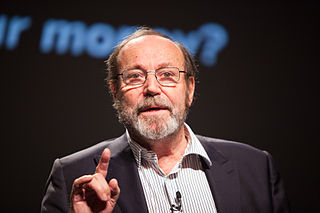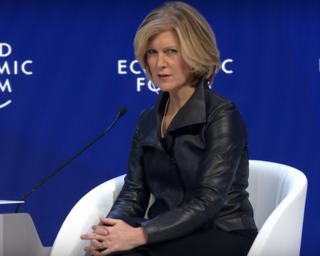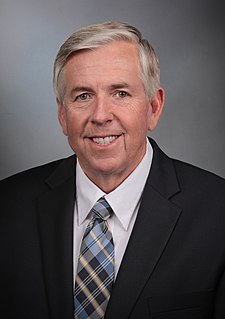A Quote by David Korten
Not exclusively, but the bulk of our local economy should be covered by local currencies, which is more efficient than having global currencies which lose connection with reality in the markets, shops and communities of the people.
Related Quotes
Complementary currencies work in addition to existing money, rather than replacing existing, official money. There are whole different families of complementary currencies. One of them is local currencies. One is regional currencies. Another is functional currencies. Another is social-purpose currencies.
Anybody interested in solving, rather than profiting from, the problems of food production and distribution will see that in the long run the safest food supply is a local food supply, not a supply that is dependent on a global economy. Nations and regions within nations must be left free and should be encouraged to develop the local food economies that best suit local needs and local conditions.
The IRS issued guidance for virtual currencies on March 25, 2014 that stated virtual currencies, including Bitcoin, are to be treated as property for federal tax purposes. This requires capital gains on virtual currencies to be recorded and reported. The Bitcoin Foundation says this could lead to unrealistic reporting.
The proper goal of an economic democracy agenda is to replace the global suicide economy ruled by rapacious and unaccountable global corporations with a planetary system of local living economies comprised of human-scale enterprise rooted in the communities they serve and locally owned by the people whose wellbeing depends on them.

































